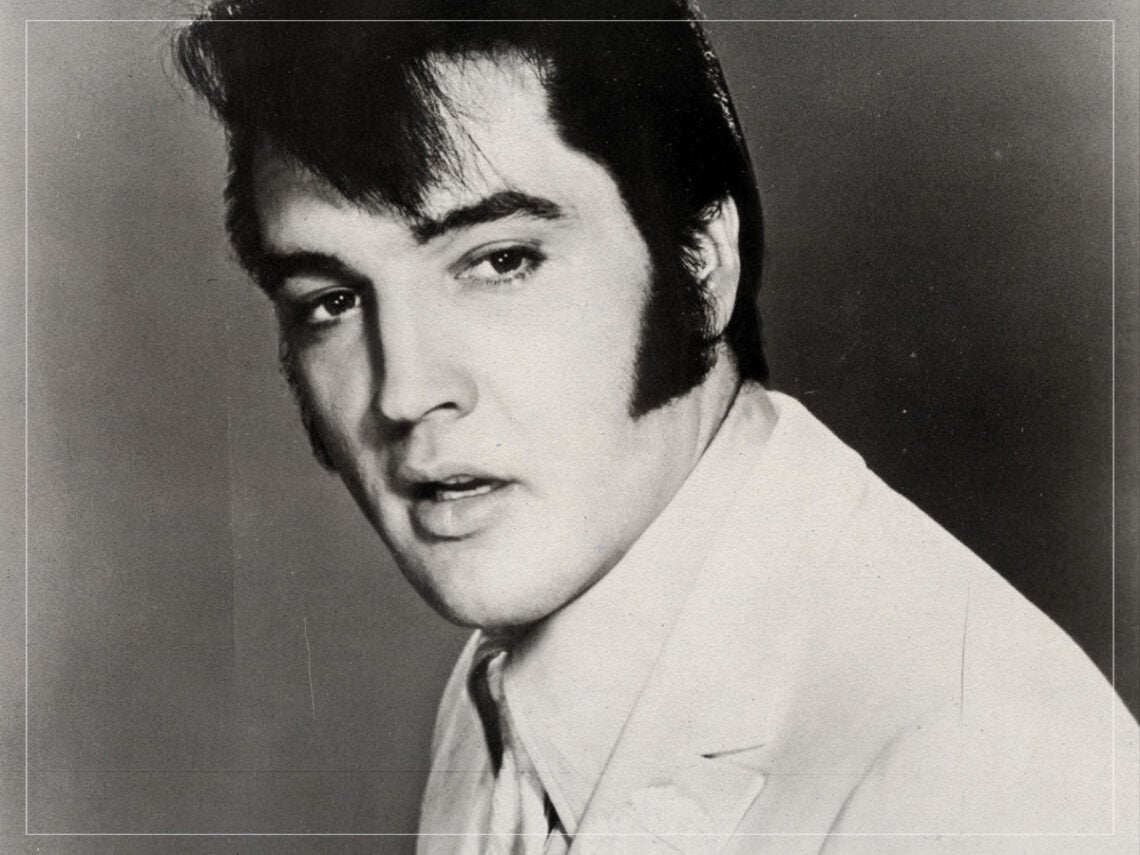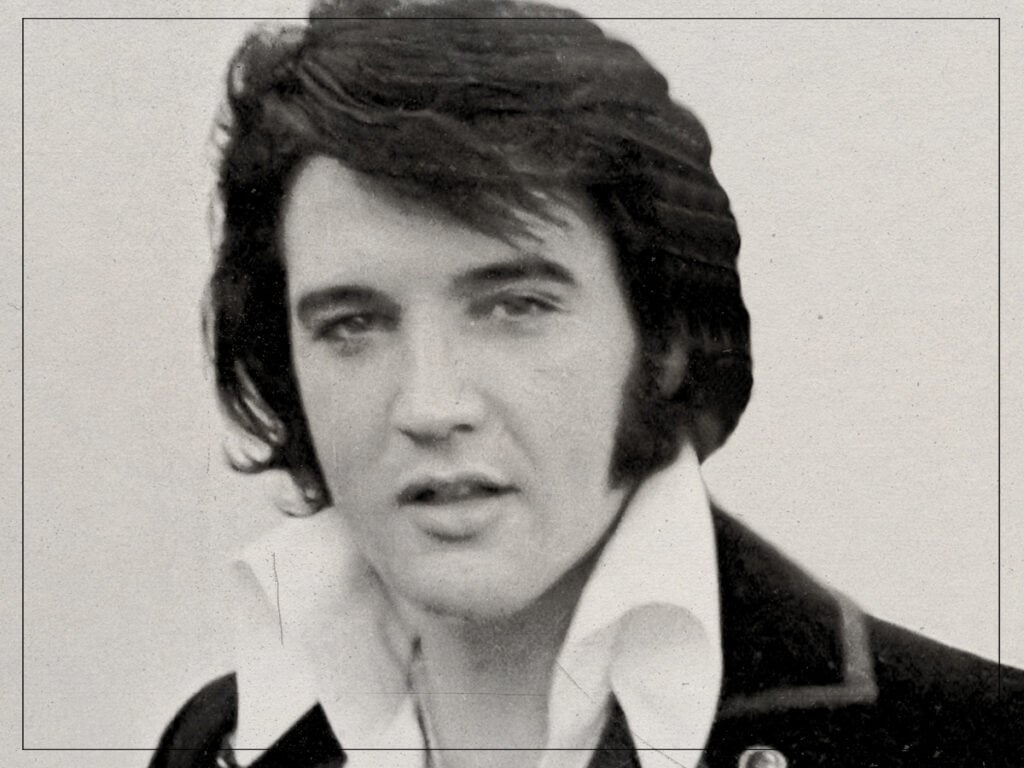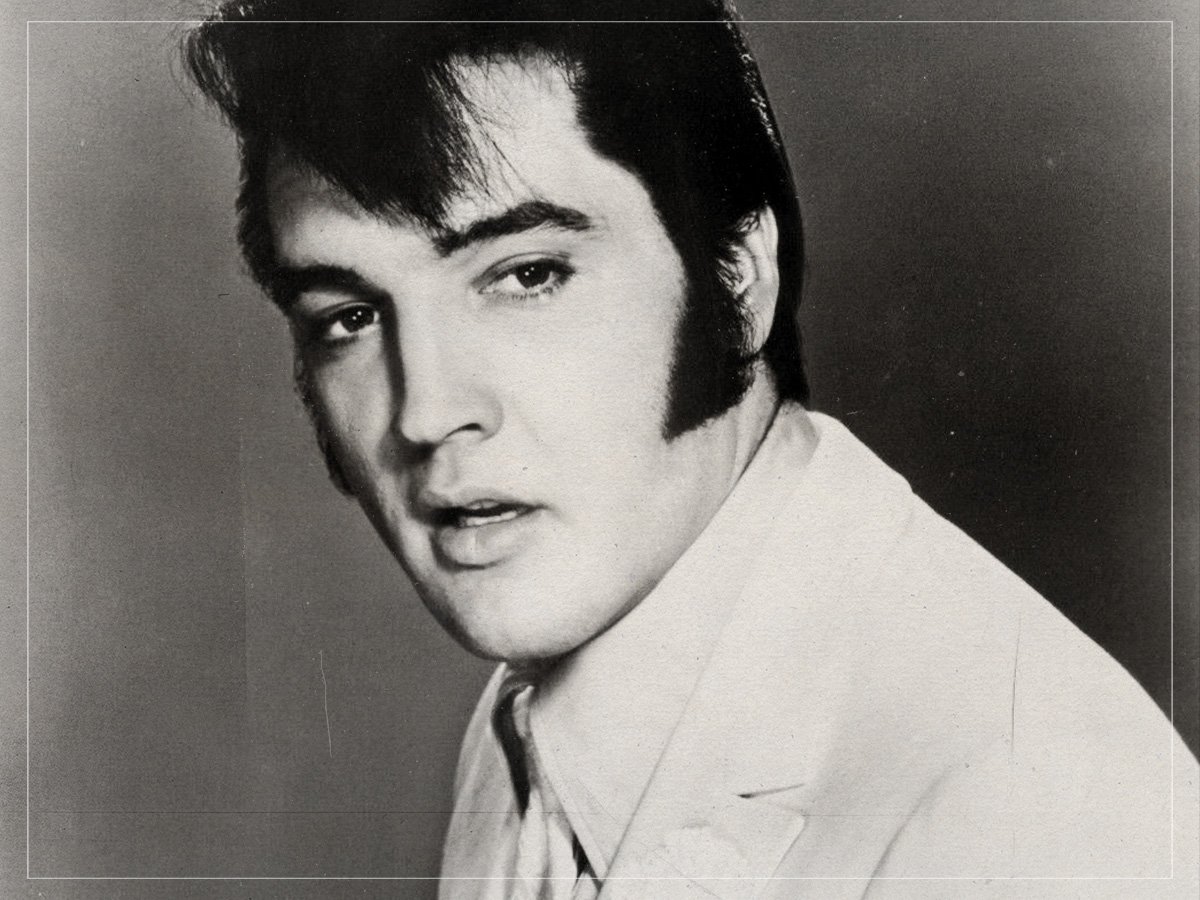
(Credits: Far Out / MGM)
Wed 8 October 2025 22:25, UK
Since the dawn of cinema, the major pop stars of the day have been trying their hands at the acting profession. The results of their forays onto the big screen, it goes without saying, have offered mixed results.
But there is perhaps one musician who seemed like they could traverse from sound to screen most easily. Elvis Presley was such an icon on the radio that it seemed only natural for him to move into cinema. And he managed to do so with some success, setting a standard for pop stars everywhere.
Recently, we’ve seen Lady Gaga receive an Academy Award nomination for her turn in A Star Is Born, and she was also excellent as the ruthless and fiery Patrizia Reggiani, who single-handedly took down a fashion empire in House of Gucci. Justin Timberlake graced the silver screen in a number of run-of-the-mill rom-com flicks but was terrific as the slimy tech mastermind in David Fincher’s The Social Network. David Bowie also worked with the great Japanese director Nagisa Ōshima, as well as Christopher Nolan in starring roles. Most recently, Harry Styles has been flexing his acting chops in several prominent Hollywood releases and is soon to join the Marvel Cinematic Universe as the superhero Starfox.
This is just the tip of the iceberg when it comes to the superstars of the music world stepping in front of the camera, but very few were as prolific as the king of rock and roll himself, Elvis Presley. Anyone who has seen Baz Luhrmann’s hypnotic whirlwind biopic Elvis will appreciate the cultural phenomenon that followed Presley. It’s no wonder then that Hollywood attempted to cash in on his tremendous public appeal.
He starred in 31 feature films over the course of his career and, for a time, was one of Hollywood’s top box office draws and one of the industry’s highest-paid actors. It started in the 1960s with some critically well-received films such as Jailhouse Rock and King Creole, but by the end of the decade, the shine of Elvis was beginning to wear off as he churned out more generic and far less lucrative pictures such as Speedway and Change of Habit. And it turns out Presley’s own feelings towards his acting career were far from positive at times.
 (Credits: Far Out / Ollie Atkins)
(Credits: Far Out / Ollie Atkins)
In 1961, Presley starred in the romantic comedy Blue Hawaii, which told the story of Chadwick Gates (Presley), a cool surfer discharged from the US Army and returning home to Hawaii. Back on home soil, Gates is pressured by his family to take up a role within the family pineapple business, much to the distaste of his overbearing and snobby mother, played by Angela Lansbury, and eventually, Gates takes a job as a tour guide on the island where his girlfriend also works.
Blue Hawaii certainly exists as one of Elvis’s more forgettable movies, and according to Anne Fulchino, it was clear the star wasn’t happy even when shooting the picture. Fulchino was a publicity director and had worked with Elvis several years before, a time when the pair had mapped out his future career together. Fulchino visited Presley years later on the set of Blue Hawaii. “It was a while before he came over and talked to us, and when he did — you see at the beginning I used to call him Chief, and I said, ‘Hi, Chief,’ and he just looked at me like he wished I hadn’t come,” Fulchino said in the book Careless Love: The Unmaking of Elvis Presley by Peter Guralnick.
Fulchino continued, saying, “We made some small talk, and then he said something like, ‘This isn’t what we had in mind at Klube’s (the German restaurant across from RCA, where they had drawn up their plan), was it?’” It was tough for Fulchino to see the star and colleague of hers so downbeat and, in her words, “frustrated” by the progression of his career.
However, Fulchino could apparently sympathise with Presley’s feelings at the time, “I said to myself, ‘If I was making these crappy pictures, I wouldn’t want to see anybody from my past either,” she said. “He was obviously uncomfortable with what he was doing, he was frustrated and disgusted — it was all in his face,” she said.
Adding: “The emotion I respected most was that he was ashamed of it, which meant that he knew better — but you could see that he was trapped.” The pop star was seeing the career he had dreamed of so deeply being dismantled by one movie, and the shame of seeing something that fell down so badly meant ‘The King’ was disappointed. The truth is, Presley could be a tyrant of sorts, routinely delivering scathing retorts about his own work and the work of others.
Blue Hawaii was released soon after Fulchino’s visit in 1961 and was a financial flop. However, Presley went on to make a number of pictures until the end of the decade. It’s a sad story that comes from another fascinating detour in the singer’s turbulent career in the public spotlight.
Related Topics

